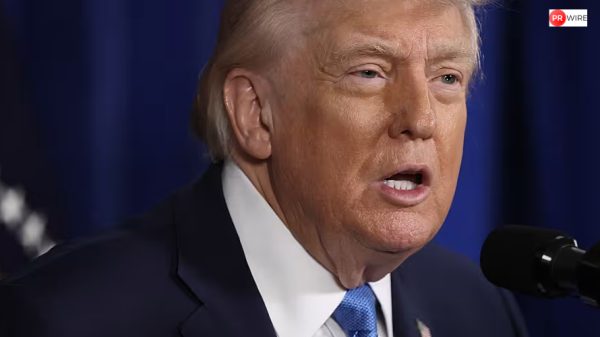Stock market today: Indian stock market benchmarks, the Sensex and the Nifty 50, crashed by a per cent each in morning trade on Monday, September 30, amid weak global cues.
The Sensex opened at 85,208.76 against its previous close of 85,571.85 and fell 1 per cent to the level of 84,704. The Nifty 50, on the other hand, fell below the psychologically important 26,000 mark. The index opened at 26,061.30 against its previous close of 26,178.95 and fell 1 per cent to the level of 25,924.
Around 11:10 am, the Sensex was 860 points, or 1 per cent, down at 84,711.85 while the Nifty was 255 points, or 0.97 per cent, down at 25,924.
The selloff was not confined to large caps only, as the mid and smallcap segments, too, were in the red. The overall market capitalisation of BSE-listed firms slipped below ₹475 lakh crore from nearly ₹478 lakh crore in the previous session.
Indian stock market benchmarks have been slipping since the previous session as investors book profits at record-high levels.
Experts highlight the following five key factors that may have triggered the recent profit booking:
1. Rising tensions in the Middle East
Israel’s increased attacks on Iranian-backed forces have raised concerns that tensions in the Middle East could escalate further and turn into a bigger war in the region, which could involve Iran and Israel’s key ally, the US.
Tensions are high in the region after Israel killed Hezbollah leader Sayyed Hassan Nasrallah in Beirut, followed by increased attacks against the Hezbollah militia in Lebanon and Houthi militia in Yemen.
Experts say while the tensions in the Middle East are not new for the markets, a fresh escalation has made investors cautious, driving them away from risker equities and betting on safe-haven assets like gold.
2. Lingering valuation concerns
Despite the Indian stock market’s record-breaking run and a promising medium to long-term outlook, driven by robust economic growth and strong retail inflows, concerns over high valuations persist, prompting investors to book profits at elevated levels.
According to Bloomberg data, the current price-to-earnings (PE) ratio of Nifty 50 at 25.8 is above its one-year forward PE of 21.6.
According to Harshad Borawake, the head of research and fund manager at Mirae Asset Investment Managers (India), broader indices are trading above their long-term averages and within that, midcap and small-cap indices are trading at a significant premium to large-cap indexes and their historical averages.
3. The China factor
Experts say China’s recent stimulus measures could lure foreign investors away from India due to the former’s cheaper valuation.
Foreign portfolio investors sold Indian equities worth ₹1,209.10 crore on Friday, September 27. Experts, however, believe India’s strong growth prospects will keep FPIs glued to the Indian market.
According to V K Vijayakumar, Chief Investment Strategist at Geojit Financial Services, one significant factor influencing foreign portfolios is the outperformance of Chinese stocks, reflected in the massive surge in the Hang Seng index by around 18 per cent in September. This surge has been triggered by hopes of a revival in the Chinese economy in response to the monetary and fiscal stimulus announced by the Chinese authorities.
“The cheap valuations of Chinese stocks are keeping the momentum intact. This can be a tactical trade that can be sustained for some more time. This means FIIs may continue selling in India and move more money to better-performing markets. FII selling is unlikely to impact the Indian market significantly since the massive domestic money can easily absorb whatever the FIIs are selling,” said Vijayakumar.
The article originally appeared on Mint.




























